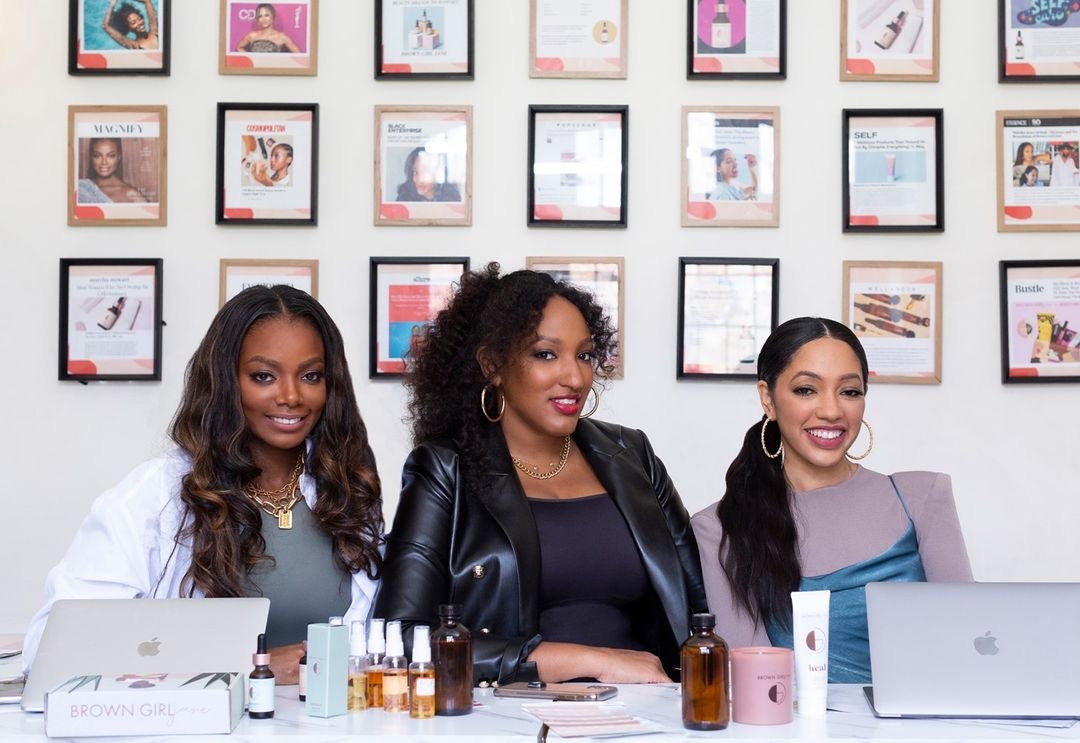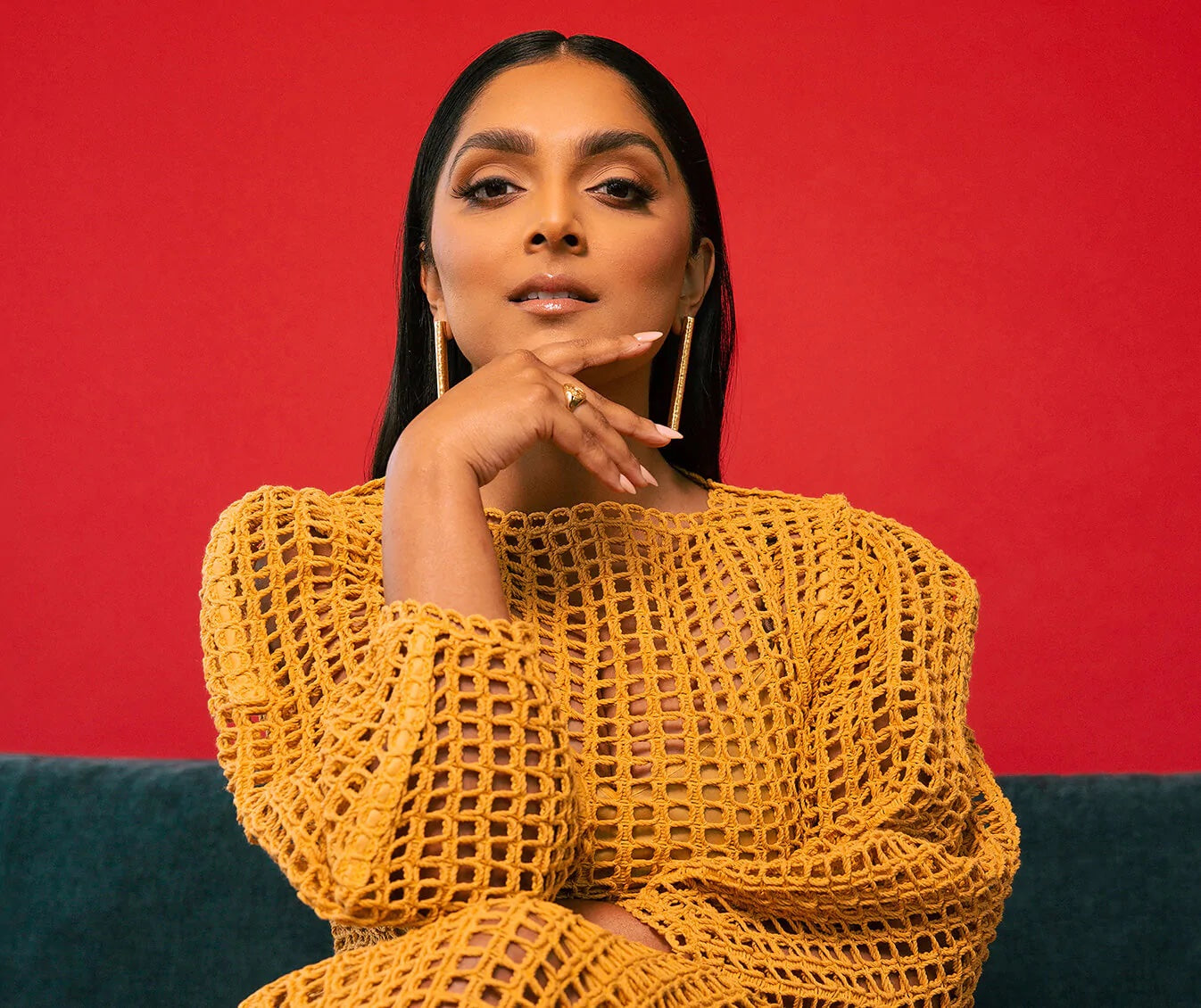ELEVATING STANDARDS: HOW FENTY BEAUTY SET THE STANDARD FOR INCLUSIVE MAKEUP

You would be underselling Fenty Beauty if you claimed it only had a massive impact on the beauty industry. Since its release in 2017, the line of cosmetics has done more than capture the attention of a demographic that once felt ignored: it’s turned the entire industry upside down.
Within a month, the company founded by Rihanna had already made over $100 million — five times that of Kylie Jenner’s brand in the same timeframe. In the same year it debuted, Time Magazine named it one of its top 25 inventions of the year. Two years after its inception and it became the first fashion brand since 1987 to have a luxury fashion brand launched by LVMH.
But don’t assume this brand is taking over because of the name of its creator. Fenty has set itself apart in the industry as a groundbreaking innovation that has even the most established brands following suit, reaching out to women whose needs they once ignored in an attempt to take advantage of buying power they never knew was there.
Fenty started out with 40 shades, but can now boast 50 shades, from the fairest to the deepest, as well as a line of corresponding line of 50 concealers. The brand has even branched out into lingerie with their Savage X Fenty line, rivaling even that of Victoria’s Secret, and boasting a worth of $1 billion.
What has materialized out of this new phenomena is known as the Fenty Effect: the sudden influx of brands releasing up to 100 foundations, including darker shades that would either be released long after lighter shades or not at all.
Prior to the release of Fenty Beauty’s line of inclusivity hit the scene, it was the norm for those with darker skin complexions to feel left out. Options were far and few between; from mixing and matching, or waiting for brands to release darker hues. It was standard practice for brands to start off by releasing lighter hues and then gradually releasing darker hues over time.
Although it was founded by Rihanna, Fenty’s clout hasn’t been propped up simply because of the fame of its founder. What has caused Fenty to have the impact it has had is the direct result of it addressing those who felt they were left out when it came to finding foundations that matched their skin tone.
You can put a celebrity name behind anything, but you can’t expect results unless the product delivers. What draws so many people into Fenty is that it’s more than just another cosmetic line — it’s a community that embraces diversity and encourages inclusion.
Fenty rejects traditional beauty standards propped up by the industry. What Fenty has done, most importantly, is connect with women on a level beyond simply finding the right foundation. It connected with women on an emotional level because for the first time they felt represented in an industry they had felt ignored them. Rather than mixing and matching, and coming to terms with buying into an industry that didn’t respect them enough to even offer products that would complement their needs, they now have Fenty Beauty.
This is how Fenty has tapped into a market that had been relatively ignored. Fenty’s biggest demographics are African American and Latina women, two groups that had been left out when it came to foundation because of the lack of hues that matched their skin tone.
Funmi Fetto in her Vogue feature on Fenty encapsulated why the brand has become so popular, including one revealing feature that showcases just who’s propping them up: “Fenty Beauty connected emotionally with women who had long been treated as though they didn’t exist by the beauty industry….Some of the most obvious proof came when the darkest shades of Fenty Beauty foundations sold out first.” (LINK TO QUOTE https://www.vogue.co.uk/beauty/article/rihanna-fenty-beauty-diversity)
What this has led to are competitors now purporting to be champions of inclusivity and diversity. It will now become the norm for the top brands to be a little less wary of releasing darker foundations early on, as it will also become standard practice to see more models complementing those darker hues on their social media feeds.
Are these companies genuine in their approach to inclusivity? Does the fact that they’re only riding the wave after seeing how popular Fenty Beauty became tell you the answer? You can’t blame a business for doing what it’s supposed to do: making profits. They see where the money is going and they plan accordingly to appeal to where the money is flowing from.
Businesses are not meant to be social justice enterprises. So, while they may not be authentic in their suddenly all-in approach to inclusion and diversity, they have started a conversation. From now on, it’ll be standard practice for the largest brands to release foundations for all skin tones and to include models of every race in their advertising.
What they’ll lack, however, is the authenticity and genuine compassion for the once-ignored audience Fenty Beauty has embraced. The inception of this powerful movement won’t be forgotten and it’ll continue to be observed not only in Fenty’s sales, but in the sustaining hype around it, as well.
While there will be imitators attempting to cash in on what they likely see as a temporary cash-grab, Fenty will maintain its loyal customers because it was the first to acknowledge them and fill a need they’ve been looking for their whole lives.
By: John Friel




Comments